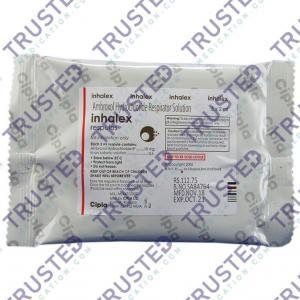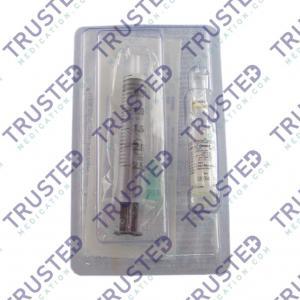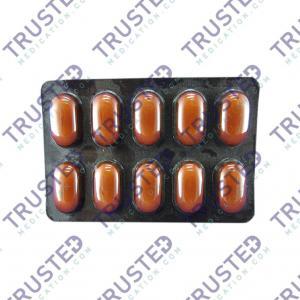
Ondansetron is an FDA-approved medication used as anti-sickness medicine. This comes as a tablet for oral. This should be taken regularly for the best benefit.
What condition does Ondansetron treat?
Ondansetron is a prescription medication used to prevent nausea and vomiting that is associated with certain types of cancer chemotherapy and radiation. This is also used to treat and prevent nausea and vomiting that happens after surgery.
Nausea and vomiting are side effects of cancer treatment and affect most patients who have chemotherapy. It is very essential that nausea and vomiting are controlled to let them continue treatment and do activities of everyday life. Nausea and vomiting that are not controlled may cause:
- Mental changes
- Chemical changes in the body
- Malnutrition
- Loss of appetite
- Dehydration
- Broken bones
- A torn esophagus
- Reopening of surgical wounds
In some patients, after they have had several courses of treatment, nausea and vomiting may occur before a treatment session. This is called anticipatory nausea and vomiting. It is caused by triggers such as odors in the therapy room. The more chemotherapy a patient has, the more possible it is that anticipatory nausea and vomiting will occur.
How does Ondansetron work?
Ondansetron is a type of medication called a 5HT3 receptor agonist that works by stopping 5HT3 receptors that are in the gut and brain. Surgery, radiotherapy, or chemotherapy might cause serotonin (5HT) to be released into the body. This 5HT stimulates the 5HT3 receptors that are found in the gut and brain. It also causes nerve messages to be sent to the vomiting center. The vomiting center is an area of the brain that controls vomiting and makes you feel sick.
This medication blocks 5HT from stimulating the 5HT3 receptors and thus stops nerve messages from being delivered to the vomiting center. This stops feelings of sickness which is nausea and vomiting that could otherwise be caused by surgery or cancer treatments.
What is the dosage of Ondansetron?
The recommended dose is based on your medical condition and response to therapy. The dosage for children may also be based on weight and age. You should not take more medication or take it more often than prescribed.
- From chemotherapy, take this medicine within 30 minutes before treatment begins.
- From radiation treatment, take this medicine in 1 to 2 hours before the start of your treatment.
- After surgery, take this medicine 1 hour before the start of surgery.
You may take each dose of this medication either with or without a meal. However, your doctor may tell you not to eat before chemotherapy or radiation. Take any other doses as directed by your doctor. If you missed a dose, call your doctor right away. Never double a dose to make up for the missed dose. If your nausea and vomiting get worse while taking this medication, call for medical assistance right away.
What are the precautions in using Ondansetron?
- Before you begin with this medication, make sure you tell your doctor about any medical conditions you have.
- If you have any other medications including prescriptions, non-prescription, vitamins, herbal products, or food supplements, tell to your doctor.
- Inform as well your doctor if you are pregnant, breastfeeding, or any other significant facts about your health. These factors may affect how you should use this medication. You need to consult your doctor before taking a dose of this drug.
- Seniors may be at an increased risk of developing irregular heartbeat with Ondansetron. Talk with your doctor about any concerns you may have.
- Let your doctor know at once if you are allergic to this drug. This medicine contains lactose, magnesium, triacetin, titanium dioxide as inactive ingredients. These ingredients may cause an allergic reaction. You should inform your doctor if you have any allergies.
- You should not take this medicine along with Thioridazine, Apomorphine, Pimozide, and Ziprasidone. An interaction between two drugs does not always mean that you should stop using one of them. Talk with your doctor about how any medicine interactions are being managed or should be managed.
- Most medicines can cause unwanted side effects even though not everyone experiences them along with their useful effects. Some side of these side effects includes constipation, headache, diarrhea, or tired feeling.








